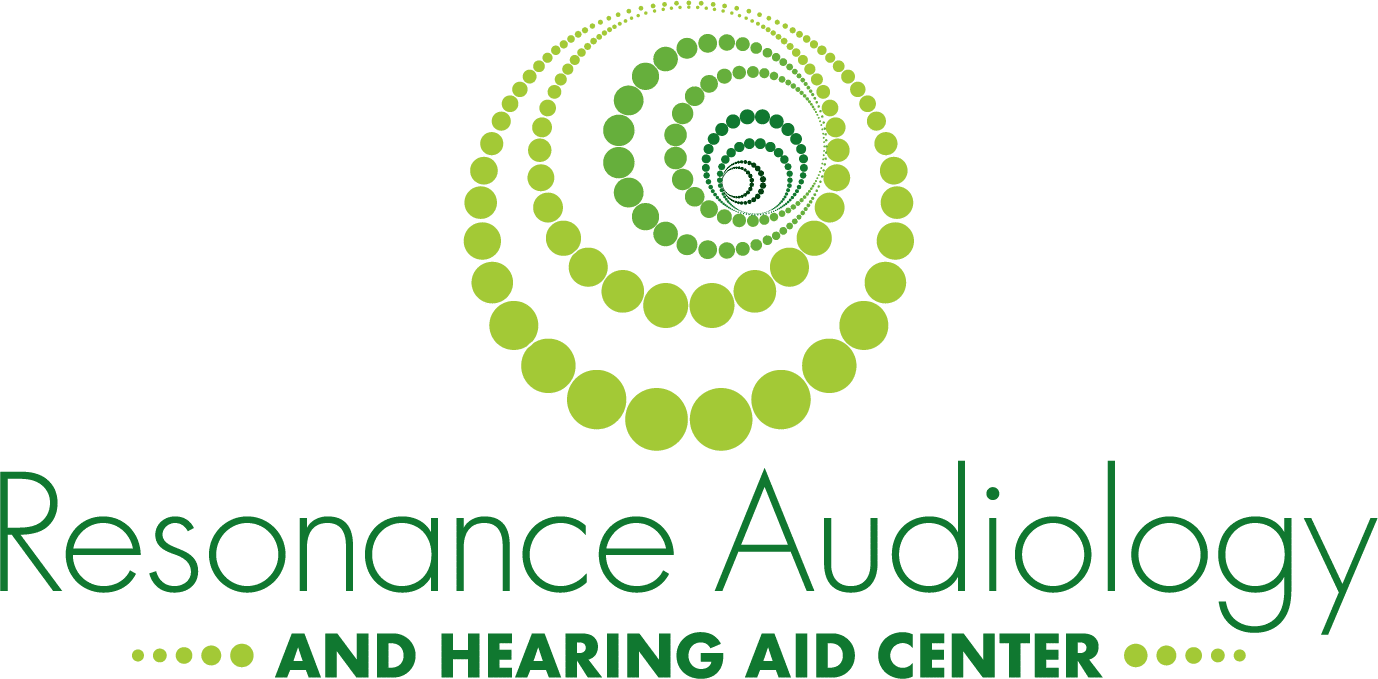Hearing Aids and Cold Weather: What You Need to Know
Winter has arrived, meaning we’re taking extra precautions to bundle up and protect our fingers, toes, face, and so on from the harsh weather conditions and cold temperatures.
However, did you know your hearing aids need just as much TLC? Keep reading to learn how cold weather can affect your hearing aids and how you can take care of them to prevent future damage.

How Does Cold Weather Affect Them?
It might come as no surprise, but cold weather and hearing aids don’t mix, just like electronics and cold weather don’t either. Their batteries lose power and die much more quickly in colder weather, and in extreme temperatures, they might not work at all.
Condensation is another major concern for hearing aids in the winter. When you go from being bundled up in 20 degrees outside to 50 degrees inside, the drastic change in temperature can cause moisture to form in your ears. It’s similar to how glasses fog up due to drastic temperature changes.
If not properly taken care of, this condensation can damage your hearing aids by gathering not only in the units but also in their battery compartments.
How Should I Take Care of Them?
Depending on the weather conditions, it might seem impossible to avoid getting moisture in your hearing aids. However, there are several precautions you can take to keep them dry and protect them from damage.
- Wear earmuffs to keep your ears warm and your hearing aids dry both inside and outside.
- Thoroughly clean and dry your hearing aids every day, including the battery compartments and batteries. To make sure they’re completely dry, try using a hearing aid drier and open the battery compartment to allow any moisture to evaporate.
- If you’re interested in winter sports and find yourself working up a sweat, wear hearing aid sweatbands to avoid any moisture build-up. Those who can remove their hearing aids while playing sports should keep them in a warmer place, since storing them in your car can expose the batteries to the cold and cause them to no longer work.
Pro tip: no matter what steps you take to protect your hearing aids from colder temperatures, always bring extra batteries or a charger with you to be safe.
How Do I Know If They Have Moisture Damage?
Even when taking proper precautions, it’s still possible for your hearing aids to have moisture damage.
Look out for the following signs to see if yours are damaged and need replacing:
- Static noises
- Sounds frequently fade or come and go
- Noises are distorted or unclear
- Your hearing aids cut out during loud noises
- Your hearing aids start and stop working randomly
If you’re looking for an audiologist in Lancaster, PA, look no further! Whether you’re searching for a hearing test, hearing aids, tinnitus care, or something else, our team will point you in the right direction.
Here at Resonance Audiology and Hearing Aid Center, we’re here to help you start hearing life again! We want to ensure that you not only have the best hearing experience, but that you receive the proper care and information you need in order to thrive.
With our extensive list of services, it is our mission to ensure all your healthcare needs are met. Contact us today to get started!
